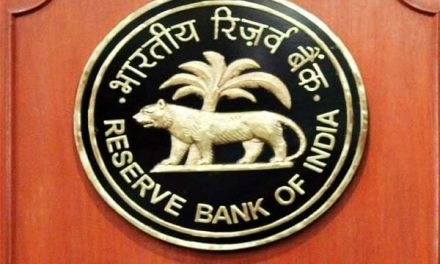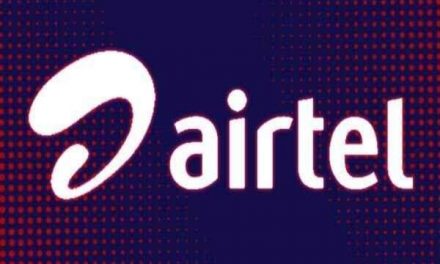The Telecom regulatory authority of India (Trai) said on Tuesday that there’s no need to limit the number of text messages allowed to be offered at a concessional rate nor regulate the tariff for brief message service (SMS) since robust regulations are in place to keep off unwanted calls and text messages.
The sector regulator plans to scrap a rule that mandates a telco to supply only up to 100 text messages at a concessional rate and price anything beyond that at a minimum 50 paise a message.
Issuing the draft Telecommunications Tariff (65 th Amendment) Order, 2020, concerning tariff regulation for text messages, Trai said it “proposes withdrawal of regulatory provisions concerning the tariff for text messages introduced in November 2012”.
The regulator has cited rules it had issued in July 2018, which had made it mandatory for telcos to hunt subscriber consent for receiving unsolicited commercial communications from telemarketers. It had also then involved the deployment of blockchain – or digital ledger technology (DLT) wont to manage crypto-currencies — to make sure telemarketing messages are sent only to subscribers from authorised entities.
Deadlines for stakeholder comments and counter-comments on Trai’s latest draft SMS tariff regulations are March 3 and March 17 respectively.
Rajan Mathews, director-general of Cellular Operators Association of India (COAI), said Trai’s proposal to “allow operators to line their own tariffs to affect spam messages is welcome,” and particularly “its emphasis on forbearance on tariff matters”.
The COAI represents Reliance Jio Infocomm, Airtel and Vodafone Idea.
Mathews though reiterated “COAI’s previous concerns around unregistered telemarketers,” and involved “some sort of disincentive to discourage spam from unscrupulous unregistered telemarketers which may still attempt to bypass the new (proposed) regulation”.
Trai, on its part, said, it’s always believed that a policy of light-touch regulation for tariff framework gives telcos the liberty to style tariffs consistent with prevailing market conditions, which has resulted within the emergence of latest and innovative products at affordable prices to consumers.
Trai has been examining the difficulty of unwanted calls and text messages since 2007 and brought out the primary regulation in 2011. Although the regulator established the DND Registry in 2010, it acknowledged in May 2018 that new rules were needed because the registry had did not rein within the menace. It eventually launched the DND app in June 2017, but that didn’t help.












